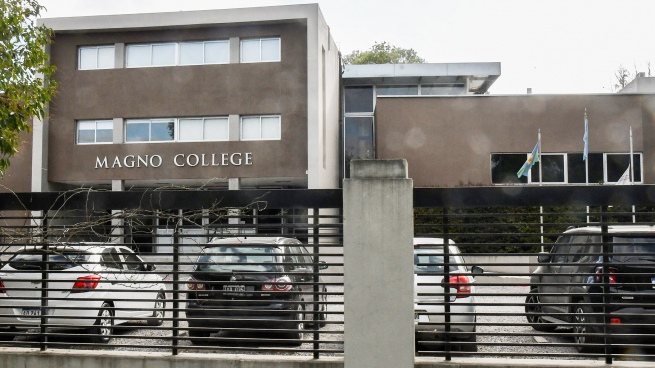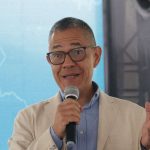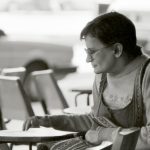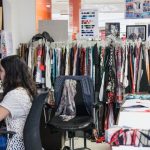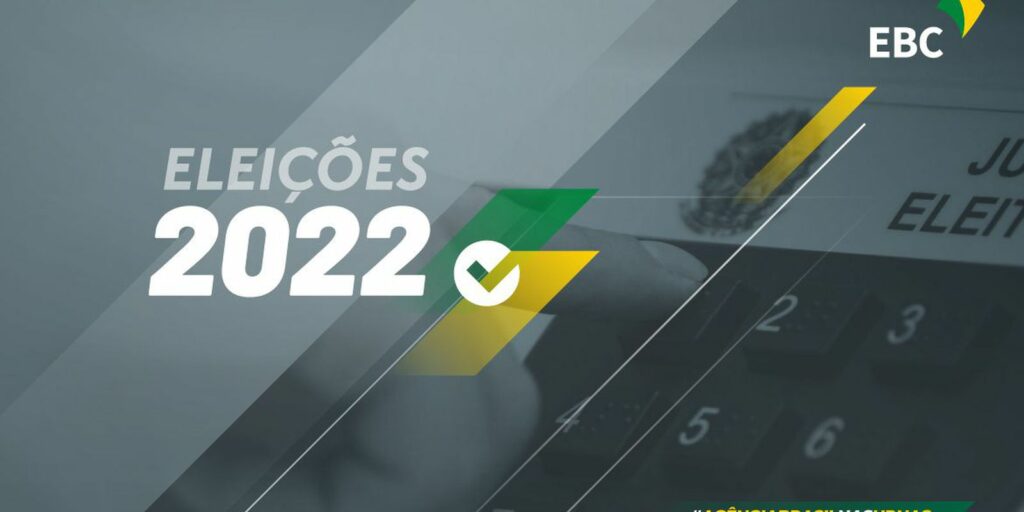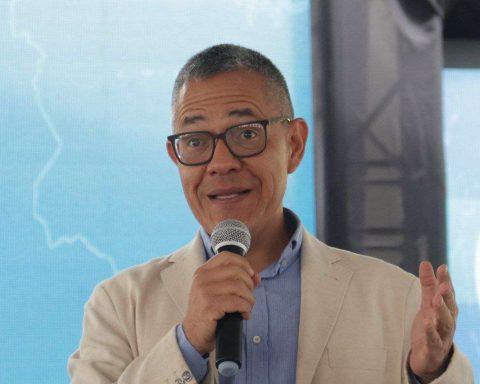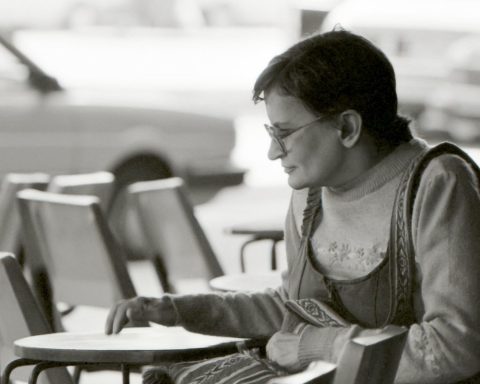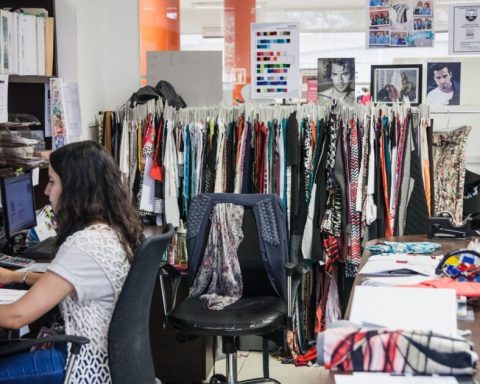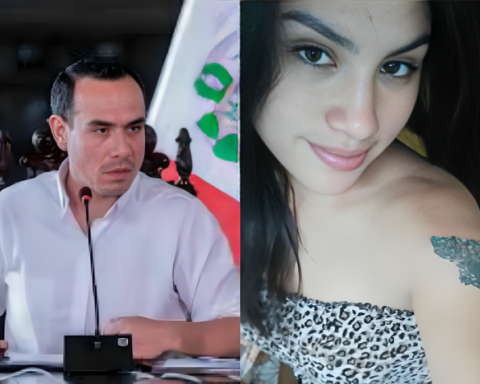Parents and teachers of children with disabilities stressed the importance of their attending ordinary schools since “coexistence is creating a more inclusive society”, which is supported by the norms that promote “an education without discrimination”, after a private school of the Pilar district of Buenos Aires will leave eight students with learning disabilities without tuition by 2023.
Its about great collegean institution that after being intimidated by the provincial authorities and different organizations to modify its decision, indicated that “it will not reverse it.”
“Even under all the pressures that are being exerted and the risks of both loss of enrollment and the imposition of sanctions that could lead to the closure of the school or make the educational project unfeasible, the decision not to enroll these eight cases will not be reversed,” the school explained in a statement days ago.
Pablo Basz, father of Emanuel, 10 years old, one of the children to whom the school denies school continuitydecided to expose the situation considering that his son is being discriminated against: “This was not the case until recently, the school was very advanced in integration,” he said in dialogue with Télam.
“It is essential that he is with his teammates, Manu managed to develop an enormous and reciprocal bond with them, they have known each other since they were 5 years old. He is incorporated into the team, they take care of him, they protect him,” said Basz, whose wife received the news that they did not want their son in that establishment during a parents’ meeting with the owner of Magno College.
“It is essential that he be with his teammates, Manu managed to develop an enormous and reciprocal bond with them, they have known each other since they were 5 years old. He is incorporated into the team, they take care of him, they protect him”Pablo Basz, father of Emmanuel
Javier Speroni is the father of Ezequiel, a 22-year-old who has Down syndromeand attended primary and secondary school in a conventional school.
“School is very important, it is the second home. Coexistence creates a more inclusive society. If you have a colleague with Down syndrome you will have less prejudice, you will not see him as a disabled person but as another colleague” Speroni noted.
“Those kids who share the classroom with a person with a disability then take that message home and that is thanks to the inclusion that the school allows. The kids are not cruel, the cruel ones are the great ones,” he stressed.
According to the National Ministry of Education, in Argentina there are a total of 196,042 students with disabilities in the educational system, of which “80% attend a state-managed institution and 60% attend schools with compulsory educational levels”.
In addition, to accompany these trajectories also there are 1,810 special or support schools in all the country.
The inclusion of students with disabilities in common schools is given through a therapeutic companion, who is in the classroom every day, and an integrating teacher, who supervises the content she receives two or three times a week.
“Those kids who share the classroom with a person with a disability then take that message home and that is thanks to the inclusion that the school allows. The kids are not cruel, the cruel ones are the great ones”Xavier Speroni
In this regard, the educational portfolio pointed out that “the pedagogical partner model in the classroom” is privileged so that all students with disabilities “can access, participate and learn on equal terms with others, with the reasonable adjustments they require”.
In addition to the school in which they attend, the students have to be enrolled in a special school that regulates the contents that are taught.
“The inclusion of students with disabilities in establishments of educational levels is a fact throughout the country and is deepening more and more,” they assured Télam from the Ministry.

Nevertheless, each jurisdiction applies the regulations in its own way that governs these issues, which makes compliance with the rights of persons with disabilities very uneven throughout the national territory.
“In the province of Buenos Aires there is a highly inclusive regulation that is in tune with international legislation. I regret what happened in Pilar because the school loses the richness of diversity, of learning to live together and respect. All students leave enriched,” Amelia Armas, deputy director of the Ituzaingó Institute of Special Education, explained to Télam.
“The important thing is that schools can accompany and that families choose the school route they want for their sons and daughters”Amelia Armas, deputy director of the Ituzaingó Institute of Special Education
The teacher argued that “special schools are also necessary because they offer different things such as theater or ceramics and the children learn at their own pace.”
“The important thing is that schools can accompany and that families choose the school route they want for their sons and daughters,” he added.
An educational system that guarantees accessibility
At the federal level, the Resolution of the Federal Council of Education No. 311, approved in 2016, establishes that “every student has the right to start their schooling in common initial education” and sets the guidelines for the evaluation, promotion, accreditation and certification of students with disabilities attending compulsory level schools.
In this regard, the Ministry of Education emphasized the importance that “there are no segregating and inclusive institutions, but that they all contribute to the construction of an educational system that is increasingly fair, of quality, with relevance and pertinence in learning” .
“The idea is that people with disabilities are part of society, the club, the meetings or the classroom; there are invisible doors and they have to be able to participate in those areas”Xavier Speroni
“The challenge today goes far beyond an increase in the enrollment of students with disabilities in the regular education school. It consists of guaranteeing accessibility, thinking of teaching proposals so that the difference enriches the classroom and the teaching proposals benefit all without distinction,” they added.
For Speroni, “the idea is that people with disabilities are part of society, the club, the meetings or the classroom; there are invisible doors and they have to have the opportunity to participate in these areas.”
“A lot of progress has been made on prejudice, but there is still more to be done against discrimination. Pedagogy has to accompany diversity. Not everyone learns in the same way. The support of the entire educational community is very important to defend values. The school is not only math and language, that’s where inclusion is forged thanks to friendship,” said Ezequiel’s father.
For his part, Basz, who wants Magno College to maintain his son’s enrollment, concluded: “Today’s kids are better than us and they are going to be better adults because they are kids who are incorporating coexistence with diversity and naturalize it from a very young age”.
Norms that promote inclusive education
The right to an education “without discrimination and on the basis of equal opportunities” for people with disabilities, including those “who need more intense support”, is guaranteed in Argentina by Resolution of the Federal Education Council No. 311, approved in 2016, which seeks to promote “an inclusive education system at all levels as well as education throughout life”.
This regulation cites, in turn, the International Convention on the Rights of Persons with Disabilities, approved by the United Nations General Assembly in 2006, which was enacted as a National Law in 2008 and acquired constitutional status in 2014.
Said Convention implies “a paradigm shift by addressing disability from a social model”, which ensures that these people must access the right to education “without discrimination and on the basis of equal opportunities.”
Likewise, it recognizes in its preamble “the need to promote and protect the human rights of all persons with disabilities, including those who need more intense support.”
In this sense, it emphasizes that “disability is a concept that evolves and that results from the interaction between people with disabilities and the barriers due to attitude and environment that prevent their full and effective participation in society, on equal terms. with the rest”.
The aforementioned Convention specifies in one of its articles that “the States parties recognize the right of persons with disabilities to education, and with a view to making this right effective without discrimination and on the basis of equal opportunities, they shall ensure a system of inclusive education at all levels as well as education throughout life”.
Along these lines, it obliges the States to ensure that these people “are not excluded from the general education system for reasons of disability, nor from free and compulsory primary education or from secondary education.”
At the same time, it clarifies that Special Education is governed “by the principle of educational inclusion” and establishes that it must provide “educational care in all those specific problems that cannot be addressed by common education.”
The authorities must guarantee, through various strategies, the inclusion of students with disabilities at all levels and modalities “according to the possibilities of each person” and, those who require it, can have a personal pedagogical project (PPI) to attend their schooling and be evaluated in relation to it, among other supports provided by the Resolution.
